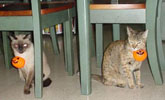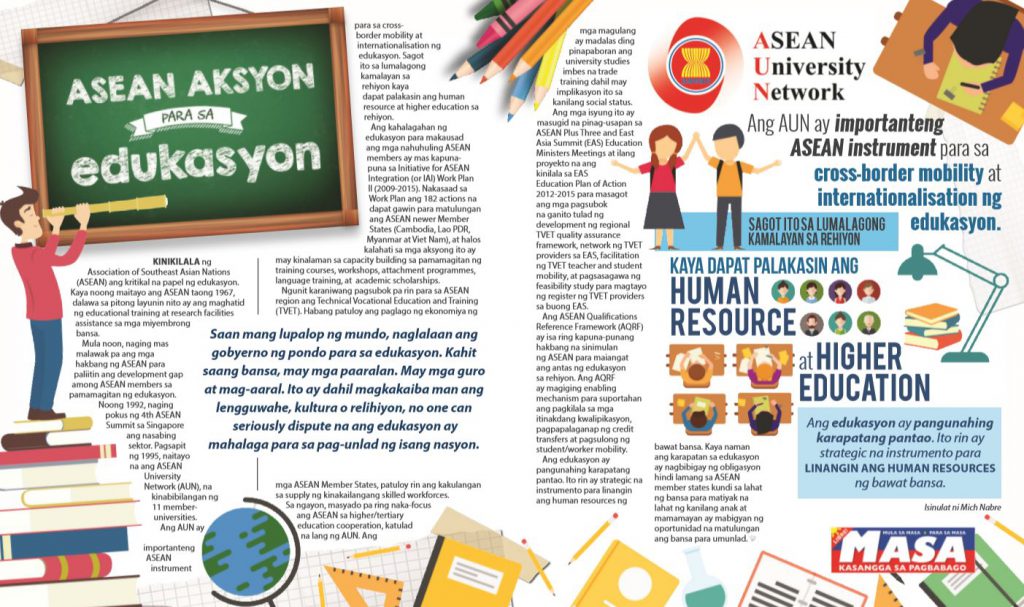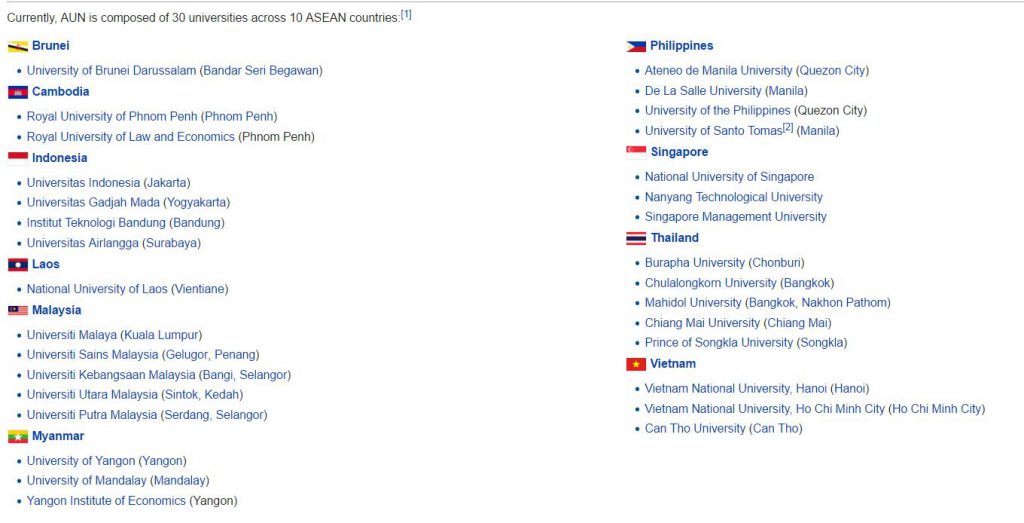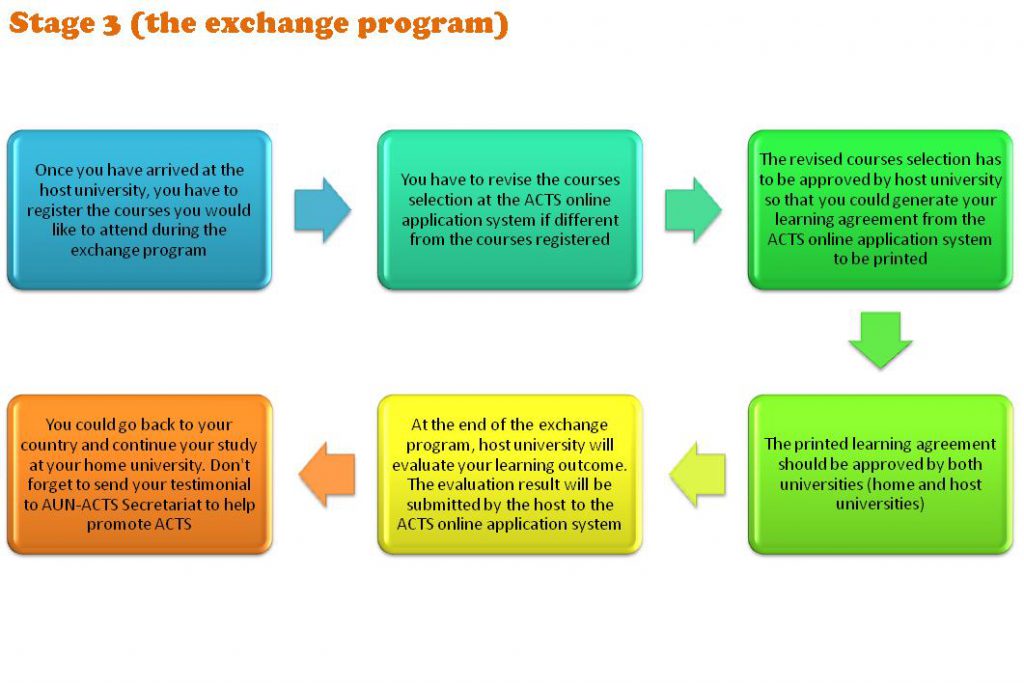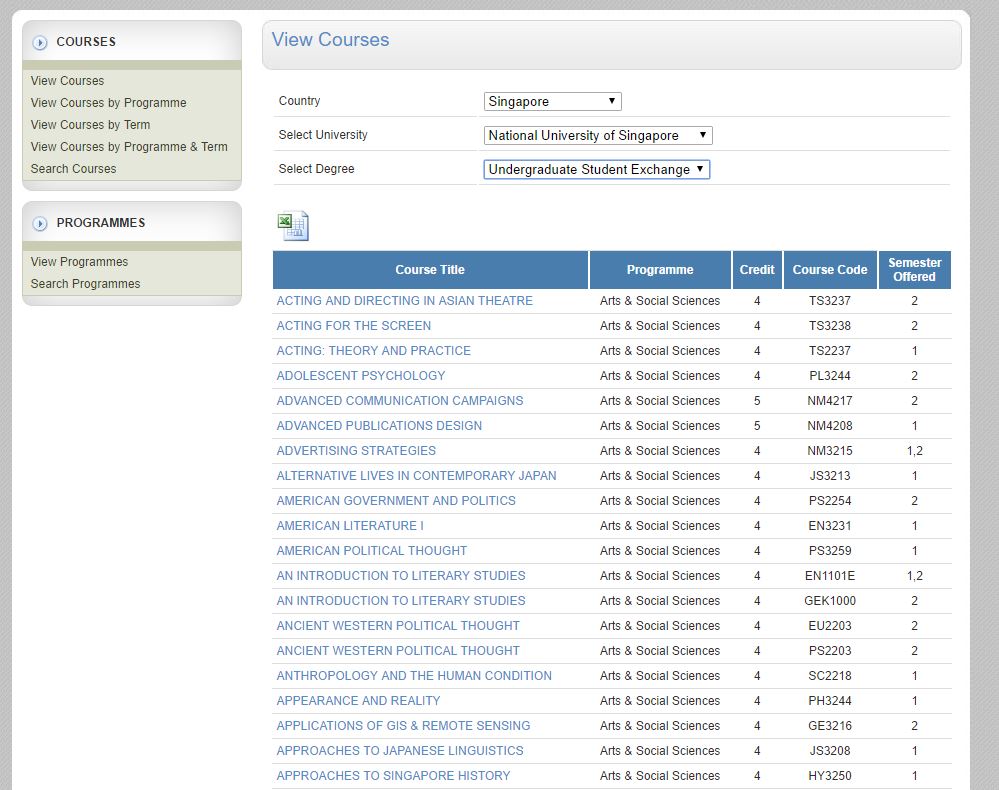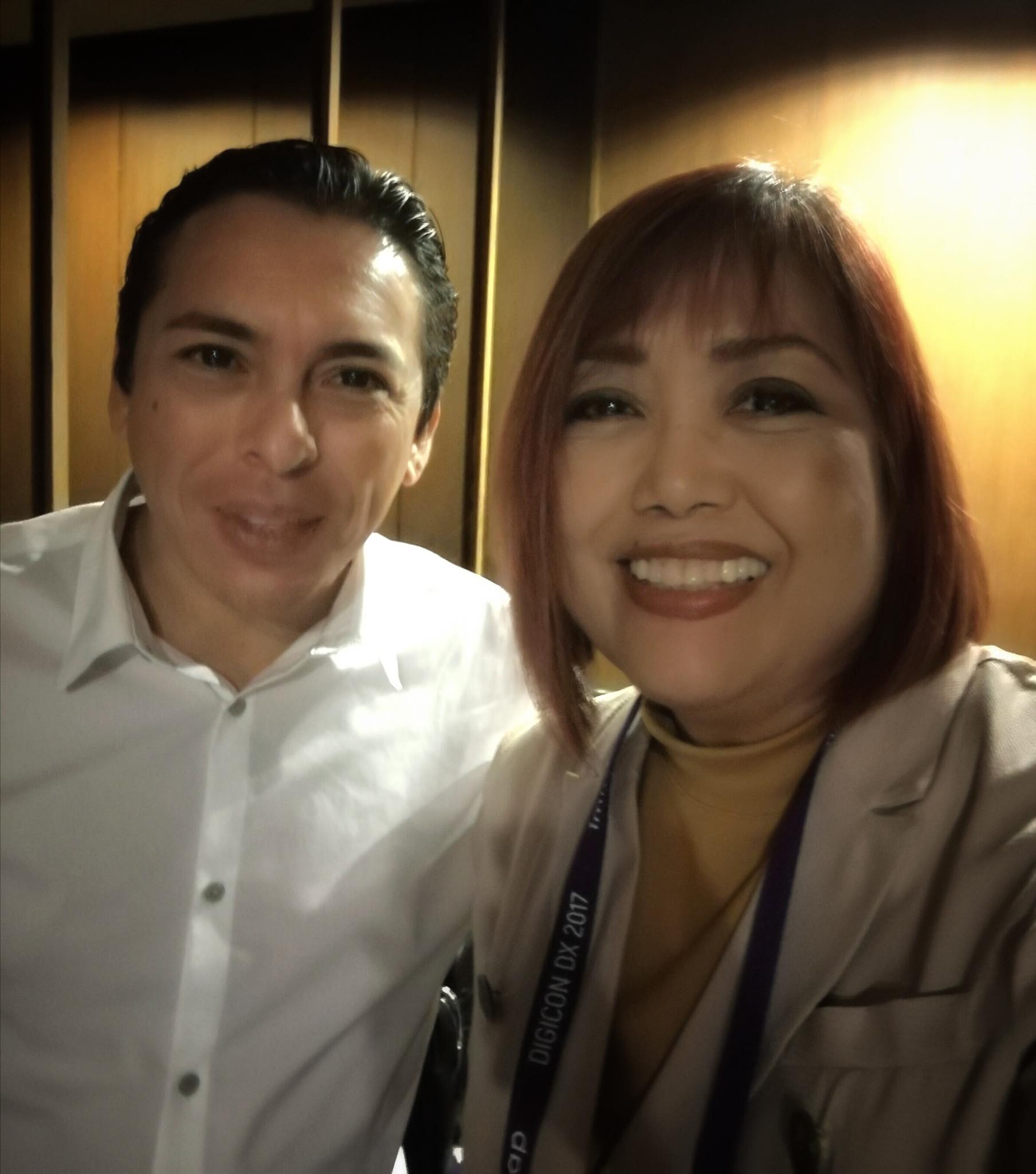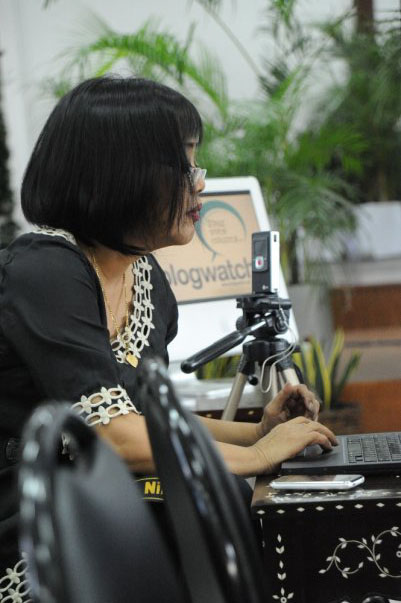Specific opportunities for women lie in export intensive sectors , the agriculture, tourism, garments and finance.
“Women control 70% of purchase decisions in Asia” – Anna Haotanto, The New Savvy , Singapore
There is this familiar saying , “Never underestimate the strength and the power of a woman. Women can do almost anything that men can do.” You and I know that, but gender inequality remains a challenge in our country and the ASEAN region, particularly in education, labor force participation, and trade-oriented activities, among others. No wonder, four out of five women want to start a business, according to Sandra Devanthan , Country head of Facebook Singapore. Women would rather empower themselves than wait for opportunities to open their doors. The Projected Gender Impact of the ASEAN Economic Community, a study published by the ASEAN Secretariat in 2016 confirm on the gender inequality.
READ: Opportunities for your children in the ASEAN
10 opportunities and benefits for the citizens in ASEAN

The average gender gap in labor force is at 19 percent which reflects a gap in labor force participation “between man and women as well as inadequate and unequal access of women to economic opportunities and work conditions favorable to woman.” In the same ASEAN study, the ASEAN Economic Community (AEC) presents opportunities to men and women through a boost in trade and formal, paid employment opportunities. Small and medium enterprises (SME) development provides potential opportunities for increasing women’s SME participation in the Asean, but there are difficulties in gaining access to finance, technology and markets. Specific opportunities as shown below lie in export intensive sectors , the agriculture, tourism, garments and finance.
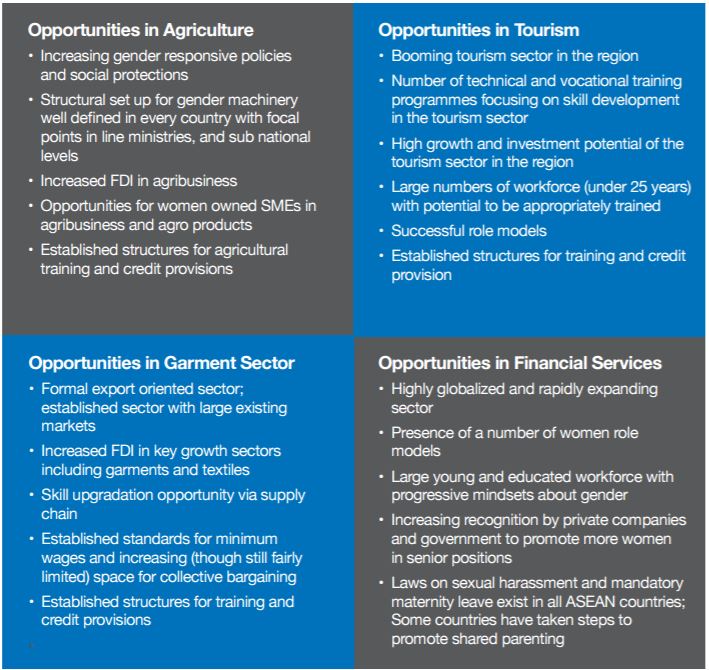
Economic opportunities for women’s participation in key ASEAN sectors Source: Projected Gender Impact of the Asean Economic Community , 2016
The Asean study show that “these opportunities will not benefit the majority of women because of widespread constraints in women’s participation in the labour market”. Many constraints prevent women from benefiting from the AEC and as a result fewer women than men are present in the ASEAN labor market. Some of these challenges are as follows:
- The female labour force participation rate is persistently lower across all ASEAN countries.
2. Persistent gender skill gap and gender wage gap. More women are employed in lower skilled and lower paying jobs than men, resulting in a persistent and high gender wage gap
3. The majority of women are employed in vulnerable jobs with limited access to benefits and social protection.
4. Gender gaps in education have been declining but educational attainment of women continues to lag behind that of men.
5. Large numbers of highly-educated women remain unemployed.
Institutional barriers
6. Continued presence of gender discriminatory customary laws in certain ASEAN countries. All ASEAN countries provide constitutional equality between men and women.
7. Limited effectiveness of gender mainstreaming.
8. Due to cultural norms women are disadvantaged in acquiring land and assets and this is mirrored in discriminatory laws.
9. Women contribute substantially to economic welfare through large amounts of unpaid work, such as child-rearing and household tasks, which often remains unseen and unaccounted for in national income
10. Lack of clarity in key labour laws relating to equal remuneration, discrimination and maternity benefits contributes to women’s relative weaker position in the labour market.
READ: Taking an active role in the #ASEAN2017
Promote women’s participation in specific ASEAN priority sectors
The ASEAN has been supportive in advancing the status of women in the region. Gender equality and women’s empowerment is part of integral principles in the ASEAN community’s building process. The study recommends targeted policies to promote women’s participation in specific ASEAN priority sectors.
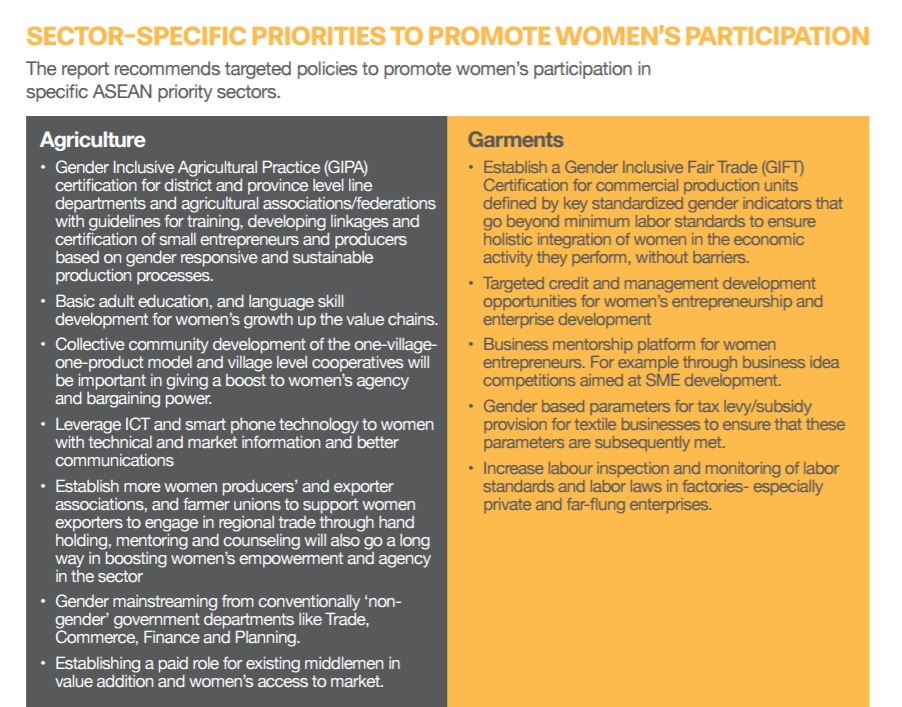
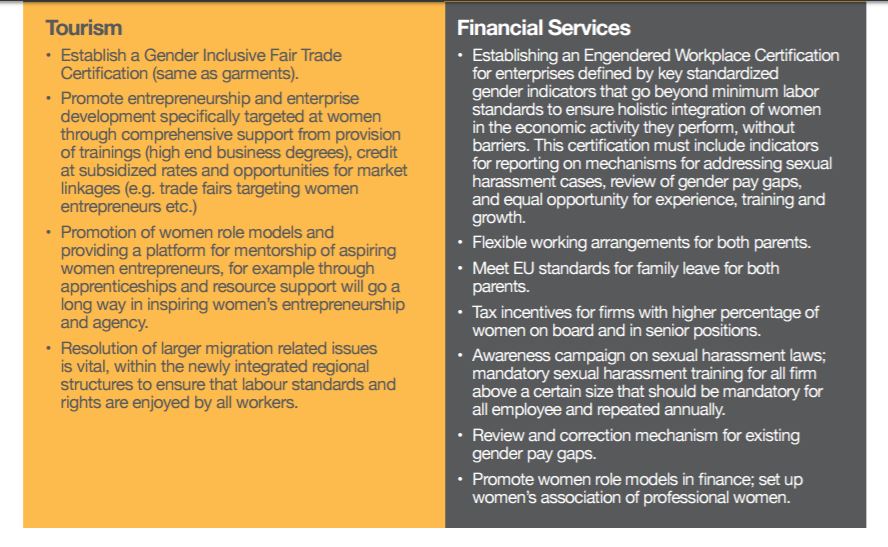
Opportunities for women in technology
Now that I have laid down the challenges and the recommended policies, I want to tackle specific opportunities for women with at least a college education that they can take action today. There are 66 million women in the Philippines, Thailand and Indonesia doing business online. But there are also those that do not have work. Gina Romero of Connected Women says 5 million women in the Philippines are not working due to family reasons. There is a huge potential to empower women who have online access.
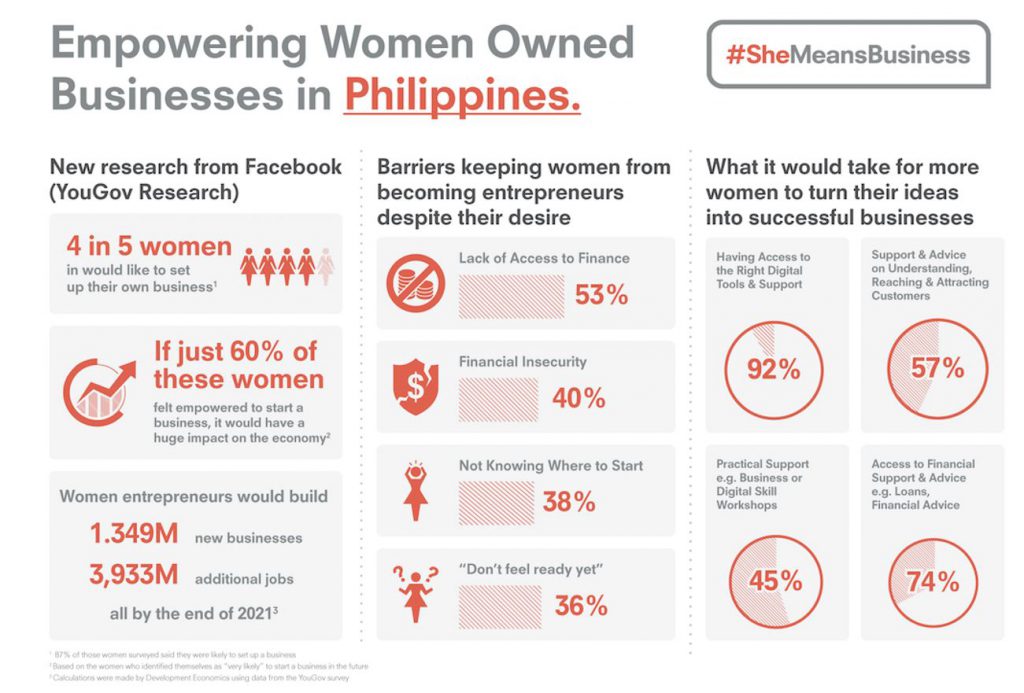
Like I said earlier, four out of five women would rather go into business. There are opportunities in technology. The ASEAN ICT Masterplan of 2020 , ” brings ASEAN towards a digitally enabled economy and women should prepare themselves with the knowledge to work at home. I know of a lot of mothers here in the Philippines who work at home and are financially independent . Here are some opportunities that are open to women in the ASEAN.
Virtual assistants or writing services: There are mothers who work at home as virtual assistants or as writer. The standards for Virtual assistants and writing services require high precision and skills . But who is to say one cannot learn these skills? There are businesses like Connected Women matches women entrepreneurs with Filipina virtual assistants (VAs). There are many online websites that give resources on how to be a virtual assistant or start a VA business.
Online Small and medium enterprises (SME) academy: This brings me to the discussion on women empowerment. If one does not have the skills in technology, there is the online ASEAN SME academy, which provides online access to training and resources specifically developed and tailored to meet the needs of Small and Medium Enterprises operating in ASEAN. There are courses for startup, ready to export and growing enterprises. Course types are into finance/accounting, human resources, marketing, management, operations, technology, and trade /logistics

For the Philippines: Check out the materials here.
For Lao People Democratic Republic (PDR): Check out the materials here.
For Indonesia: Check out the materials here.
For Cambodia: Check out the materials here
Mutual recognition arrangements (MRAs) are on seven areas: Engineering services; Nursing services, Architectural services, Dental practitioners, Medical practitioners, Tourism professionals, and Accountancy services. Of the seven MRAs , only the tourism MRA provides for automatic recognition of professional credentials. The problem though is that full implementation has yet to be realized. Young women can start planning about their future by checking on these career opportunities. In a few years or by 2025, the full implementation of the MRAs will be realized.
Parents and schools should encourage our young girls to pursue science, technology, engineering, arts, and mathematics (STEAM) as this would help in narrowing gender wage gap in ASEAN.
“As technology further allows women to work while they remain to be the light of their homes for their families, the more that we need to urge young girls of today to seek the fields of science, technology, engineering, arts, and mathematics,” said Department of Trade and Industry (DTI) Undersecretary Nora Terrado.







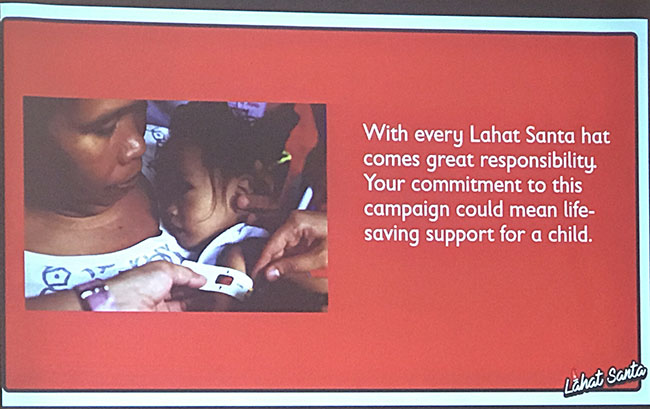


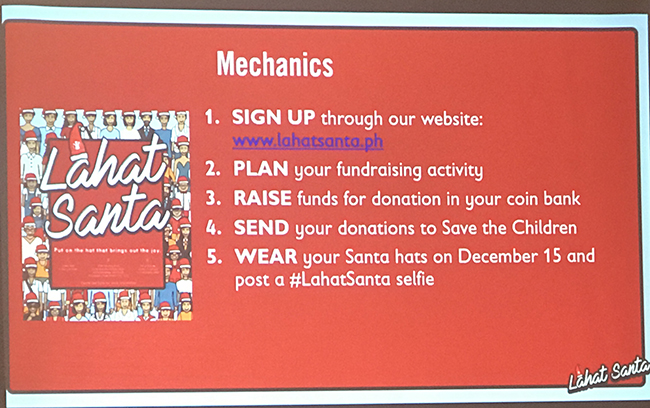





 Luijoe’s first Halloween in 1994 was spent at his aunt’s village. She started the Trick or Treat experience in her own village. 1994 saw the year when malls and the like started to sell costumes and more Halloween decors. My husband just adored his little boy. It’s no wonder that Halloween is such a painful experience for my husband. The past years, he used to hibernate in our bedroom avoiding the little kids knocking at our doors. But that is just how he was then. I love giving candies to these kids as I imagine my precious Luijoe hovering nearby. I am sure Luijoe is around me all the time.
Luijoe’s first Halloween in 1994 was spent at his aunt’s village. She started the Trick or Treat experience in her own village. 1994 saw the year when malls and the like started to sell costumes and more Halloween decors. My husband just adored his little boy. It’s no wonder that Halloween is such a painful experience for my husband. The past years, he used to hibernate in our bedroom avoiding the little kids knocking at our doors. But that is just how he was then. I love giving candies to these kids as I imagine my precious Luijoe hovering nearby. I am sure Luijoe is around me all the time. My little boy posed his cutest smile ever. “sigh” I miss my boy. As I gathered the photos for this entry, I could not help turning misty-eyed pouring over these precious memories . “Was he really that cute?” “How I wish I can just rewind the past and hug him all over again!” Pictures and memories are what is left of him. Of course, his love rings true in my heart. But yes, I digress. And the tears well up again as I write this.
My little boy posed his cutest smile ever. “sigh” I miss my boy. As I gathered the photos for this entry, I could not help turning misty-eyed pouring over these precious memories . “Was he really that cute?” “How I wish I can just rewind the past and hug him all over again!” Pictures and memories are what is left of him. Of course, his love rings true in my heart. But yes, I digress. And the tears well up again as I write this.

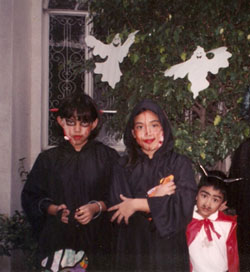

 After
After 